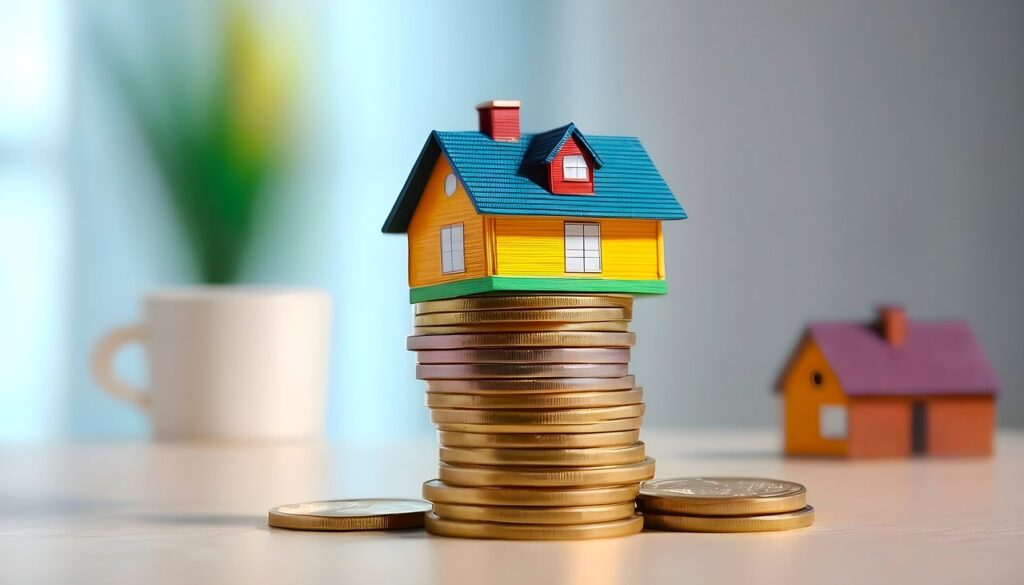The Federal Reserve has long been signaling a potential interest rate cut, and it finally happened in September 2024, starting with a 50-basis-point reduction. There could be two more cuts before the end of this year (2024). The 30-year mortgage rate has already dropped to around 6%, down from about 8% in 2023. I also recently received a quote for refinancing one of my properties, with a rate as low as 6.15% (70% loan-to-value, 10-year fixed, non-recourse, interest-only payments).
The reason I requested this quote is that I’m facing an interest rate hike by the end of this year for part of my rental portfolio, which currently has a loan with a 3.5% rate. This rate has been fixed for a few years, but now it’s reaching the end of its fixed period. So, the question is: what should I do with this loan? While 6.15% is more than double my current rate, it’s the best offer I’ve found so far. So why not just take it?
Well, the issue is that this new loan comes with significant costs. Closing the new loan would cost as much as buying a luxury car, assuming there are no hiccups along the way. Another option is to do nothing and let the current loan interest rate adjust to whatever the current on-going rate is. According to my loan officer, the new rate with my current bank will be much higher than 6.15%, but it’s still an option.
My bank also offered me another alternative: buying a SWAP. The concept of SWAP is somewhat complex, and if anyone reading this is interested, you can research it further. Essentially, with a SWAP, I could lock in a lower interest rate (close to the 6.15% I was quoted), but the tradeoff is that I’d be locked into the loan for a long time. If interest rates drop further, refinancing would come with a hefty penalty due to the SWAP agreement. However, if rates stay the same or increase, refinancing wouldn’t be necessary.
Lastly, I have to consider my cash position. We haven’t made any real estate purchases in the past year and a half, so we could either use our current cash to pay down debt or make new purchases. Buying new assets would be a more aggressive approach, likely reducing our cash flow in the short term but potentially increasing overall performance and returns in the long run. However, it would also mean higher interest payments.
The end of this year presents a crossroads, with several different options to consider. One thing is certain: each of these choices will affect my cash flow and significantly impact my future returns.
